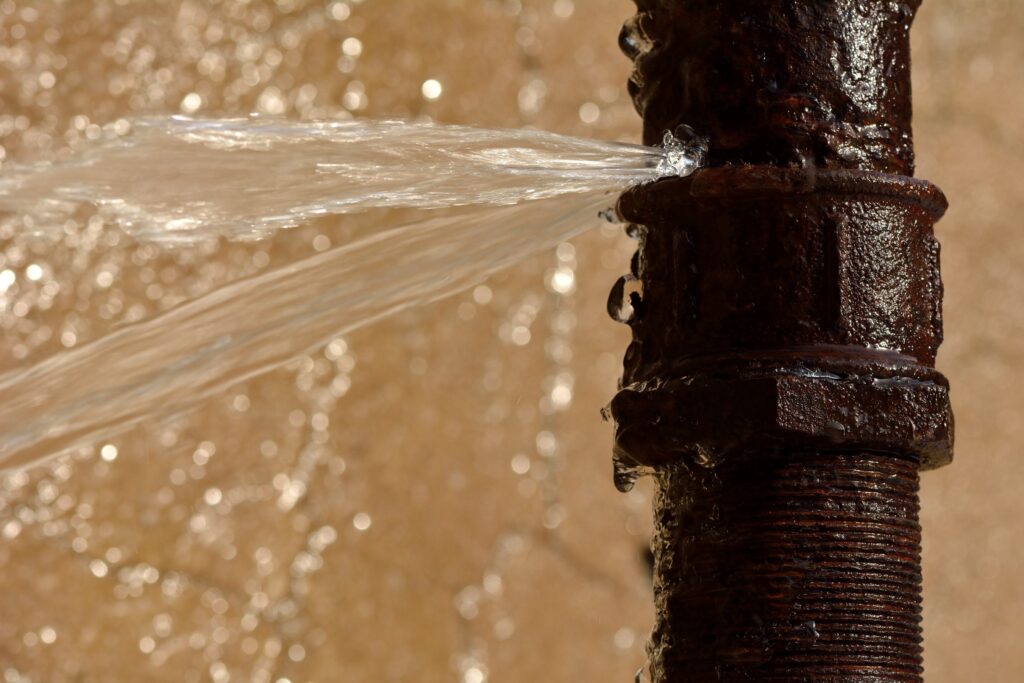Plumbing emergencies can strike at any time and can quickly spiral out of control if not handled correctly. Whether you’re dealing with a burst pipe, a clogged drain, or an overflowing toilet, staying calm and knowing what to do while waiting for the plumber can prevent significant damage. Here’s a guide on what to do before emergency plumbing services arrive in Salt Lake City, Utah.
Recognize a Plumbing Emergency
Understanding when you’re dealing with a plumbing emergency is the first step in managing the situation effectively. Common plumbing emergencies include burst pipes, severe leaks, and overflowing toilets. If left unchecked, these issues can lead to water damage, mold growth, and more extensive repairs. Identifying the emergency early ensures you can act fast.
Shut Off the Water Supply
The first step in mitigating a plumbing emergency is to stop the flow of water. Locate your home’s main water shut-off valve, typically found near the water meter, in the basement, or under the kitchen sink. Turning off the water supply prevents further damage and limits water wastage. If you’re unsure where the valve is located, call a professional for guidance.
Turn Off the Electricity
Water and electricity are a dangerous combination. If the plumbing emergency involves water near electrical outlets or appliances, it’s essential to turn off the electricity at the breaker panel to avoid the risk of electrical shock. Take extra caution if your issue involves a water heater, dishwasher, or other electrical appliances.
Contain the Leak
Once you’ve shut off the water supply, it’s time to contain the leak if possible. Use towels, rags, or a plumber’s tape to slow the leak down. If the situation is severe, consider using a pipe clamp or rubber patch to seal the pipe temporarily. Doing so will give you some peace of mind while waiting for the plumber to arrive.
Open Faucets to Relieve Pressure
To prevent further damage, open the faucets in your home, both hot and cold. This allows any remaining water in the pipes to drain out, relieving pressure in the plumbing system. It’s an important step to ensure that no additional leaks or bursts occur while the plumber is on the way.
Ventilate the Affected Area
In plumbing emergencies involving sewage, standing water, or other unpleasant odors, proper ventilation is key. Open windows and doors to allow fresh air in, reducing the risk of mold growth and eliminating foul smells. If needed, use a fan or dehumidifier to help dry out the area and reduce moisture levels.
Identify the Problem
While waiting for emergency plumbing services, try to assess the situation. Look for visible signs of damage, such as water pooling, leaks, or broken pipes. If the issue involves a burst pipe, check to see if the break is visible or if it’s hidden behind a wall or under the floor. Taking note of these details will help your plumber assess the situation more efficiently upon arrival.
Keep Children and Pets Away
Plumbing emergencies can be chaotic and dangerous. Water and electrical hazards are real concerns, and it’s important to keep children and pets away from the affected area to avoid accidents. Designate a safe area for them while you manage the situation until the plumber arrives.
Avoid Using Drains and Toilets
While dealing with a plumbing emergency, avoid using any drains, toilets, or faucets in the house. If you have a clogged drain or an overflowing toilet, continuing to use it will only exacerbate the problem. Wait until the plumber arrives to inspect the situation and make repairs.
Call for Emergency Plumbing Help
Once you’ve taken the necessary safety steps, contact a professional plumbing service. Call a trusted company that provides 24/7 plumbing help in Salt Lake City. The sooner you reach out for assistance, the quicker they can send a plumber to assess the situation and provide burst pipe solutions or any other necessary repairs.
FAQs About Plumbing Emergencies
1. How do I know if I have a plumbing emergency?
Plumbing emergencies often involve severe issues like burst pipes, overflowing toilets, or clogged drains that cannot be fixed easily. If you notice water damage or the problem is rapidly worsening, it’s essential to call for emergency plumbing services.
2. How can I prevent plumbing emergencies?
Routine maintenance and inspections can help prevent major plumbing issues. Ensure your pipes are in good condition, avoid flushing inappropriate items down the toilet, and be mindful of pipe freezing during colder months. These steps can help reduce the likelihood of plumbing emergencies.
3. What should I do if I can’t find the water shut-off valve?
If you cannot locate the water shut-off valve, contact an emergency plumbing service immediately. They can offer guidance or send someone to your property to assist you in stopping the water flow and prevent further damage.
Wrapping Up: Stay Calm and Be Prepared
Dealing with plumbing emergencies can be stressful, but having a clear plan of action can make a world of difference. Always ensure the water is turned off, and if there are any electrical risks, cut the power to the affected area. Contain the leak as best as you can, and try to assess the damage for the plumber’s benefit. While waiting for emergency plumbing services, keep the area safe by isolating children and pets.
Remember, plumbing issues can escalate quickly, so don’t hesitate to call for 24/7 plumbing help as soon as possible. A fast response from professionals offering quick plumbing fixes can save you time, money, and a lot of hassle.
If you’re facing a plumbing emergency, don’t wait! Get fast and reliable assistance from professionals. Contact us now for 24/7 plumbing help!

